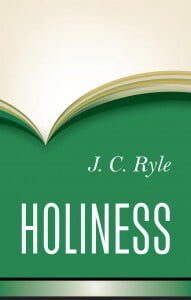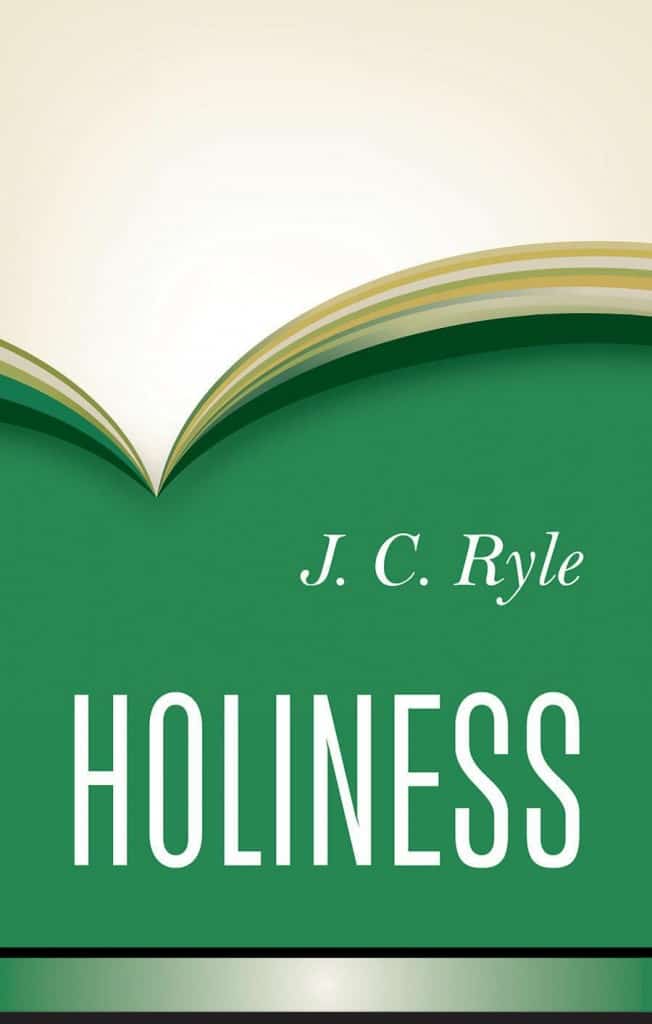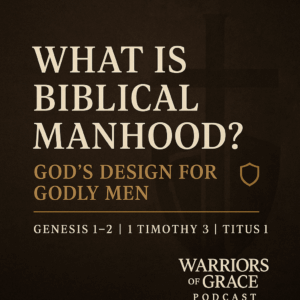⏱️ Estimated Reading Time: 6 min read
 Editors note: The purpose of this series is to help our readers think through what holiness is, and how to reflect the holiness of God through Christ in a sinful world.
Editors note: The purpose of this series is to help our readers think through what holiness is, and how to reflect the holiness of God through Christ in a sinful world.
- Chris Poblete shares David Brainerd’s thoughts on longing for holiness.
- C. Walter wrote on the beauty of holiness.
- Brian shared directions to walking with God.
- Dave wrote on three ways to pursue purity.
- Zach wrote on three lessons we can learn from Judas Iscariot.
- Mike Boling wrote on applying the salve of Christ to anger.
- Dave wrote on knowing and obeying the commands of Christ.
- Mike wrote on four ways to think on what is pure, lovely, commendable, excellent and worthy of praise.
- David Dunham wrote on distinguishing between sanctification and legalism.
- Dave started a three part series looking at the question, “How then does the believer cultivate holiness?”
- Zach looked at four distinctive marks of holiness we can apply to our own spiritual diagnostics test.
- Dave continued his three part series with part two looking at repentance, prayer, and work.
- Dave concluded his three part series with a look at fellowship in the local church, worldliness and committing completely to God.
- Joey Cochran wrote on living as awakened sinners.
- Mike wrote on the need for holiness.
- Today Jason reviews JC Ryle’s classic book on holiness. **************************************************
Classics of the Christian faith are classics for a reason. Books standing the test of time should receive more than a “head-nod” from us. They don’t belong on lists or even on our shelves. They should be devoured by us. J.C. Ryle’s Holiness is such a book. I confess I had not read it until this year and I equally confess that I am a fool for not doing so earlier.
I can’t help but wonder whether some of the current confusion about sanctification is the result of a non-reading western Christian Church. Many of our ills, wanderings, and misconceptions have been addressed by previous generations as they wrestled with the teachings of God’s Word. The Lord has gifted the Church with pastors and teachers and some of the best speak to us from the grave.
JC Ryle is such a pastor and his masterful Holiness is such a book. Banner of Truth has recently released a beautiful hardback copy of this work. Its pages are crisp, the font is clear, and no edition of this classic has ever looked better. Do not walk, run to buy it. And when you have it in hand, read every page. In fact, you will find it difficult to put this book down.
Ryle addresses the topic of sanctification and holiness with the care of an able shepherd. Cowardice finds no outlet in his words. He is bold when the subject demands it. Yet, he is equally gentle and gracious, approaching hard doctrines with care. He calls the reader into the depths of the subject like a Midwest cave tour-guide, delving the depths while the reader intuitively knows they are being safely led. Ryle’s knowledge of the Scriptures is replete. Few, if any, pages lack a scriptural foundation and argument.
The most crucial chapters reside in the middle of this work. He addresses sanctification, holiness, the fight of holiness, the cost of holiness, growth, and assurance. These chapters are followed by chapters detailing the positive example of Moses and the negative example of Lot. The reader is then led on a trek through the riches of Christ and the glory of the church.
My favorite chapter in this book was the chapter on assurance. Ryle rightfully notes the relationship between holiness and assurance. In our day and age, this doctrine and its relationship to holiness receives little attention. Ryle makes no such mistake. In this chapter he details the nature of assurance as well as its hindrances and difficulties. As an example, he address “probable causes why an assured hope is so seldom attained.” He offers a few suggestions.
The first is what he believes to be the most common cause, “a defective view of the doctrine of justification.” Ryle states on this point, “If any believing soul desires assurance, and has not got it, let him ask himself, first of all, if he is quite sure he is sound in the faith, if he knows how to distinguish things that differ, and if his eyes are thoroughly clear in the matter of justification. He must know what it is simply to believe and to be justified by faith before he can expect to feel assured.” He goes on to say, “Happy is the man who really understands ‘justification by faith without the deeds of the law.'” His second suggestion as to why a lack of assurance may pervade an individual is “slothfulness about growth in grace.” He states, “Many appear to think that, once converted, they have little more to attend to, and that a state of salvation is a kind of easy chair, in which they may just sit still, lie back, and be happy. They seem to fancy that grace is given to them that they may enjoy it, and they forget that it is given, like a talent, to be used, employed, and improved.” Third, he suggests a want of assurance is often caused by “an inconsistent walk in life.” As Ryle says, “Inconsistency of life is utterly destructive of peace of conscience. The two things are incompatible. They cannot and will not go together.”
In the above, you should sense the care with which Ryle addresses the different facets of holiness in this book. There is a directness about his words and yet a careful and persistent wisdom permeates his writing. He does not shy away from the comfort of the gospel, but neither does he neglect its demands. Ryle is an able physician of the soul, masterful exegete of the Text, and a compassionate shepherd of the sheep.
As the reader finally closes Holiness, one can’t help but feel they have sat with one of the ablest teachers the church has enjoyed. The treatment is full, without being complex. The writing is lucid, without being wooden. The thoughts are clear, without being simple. This book engages the mind, the soul, the heart, and hopefully the very will of man.
In our day, within the Evangelical world, maybe no subject is more important than the doctrine of sanctification. There is much confusion on this subject evident in our pews, popular Christian books, and even our pulpits. Too often we find the doctrine of sanctification exchanged for legalism, neonomianism, or antinomianism. We need good teachers, preachers, and writers willing to once again call the church back to mind-engaged, heart-inflamed, soul-charged, will-motivated holiness. The Church needs to take holiness seriously, because God takes it seriously. Here is a book, written by such a teacher/preacher/writer, standing the test of time, providing help in this very way.
Buy the book at Amazon, WTS Books or from Banner of Truth.



